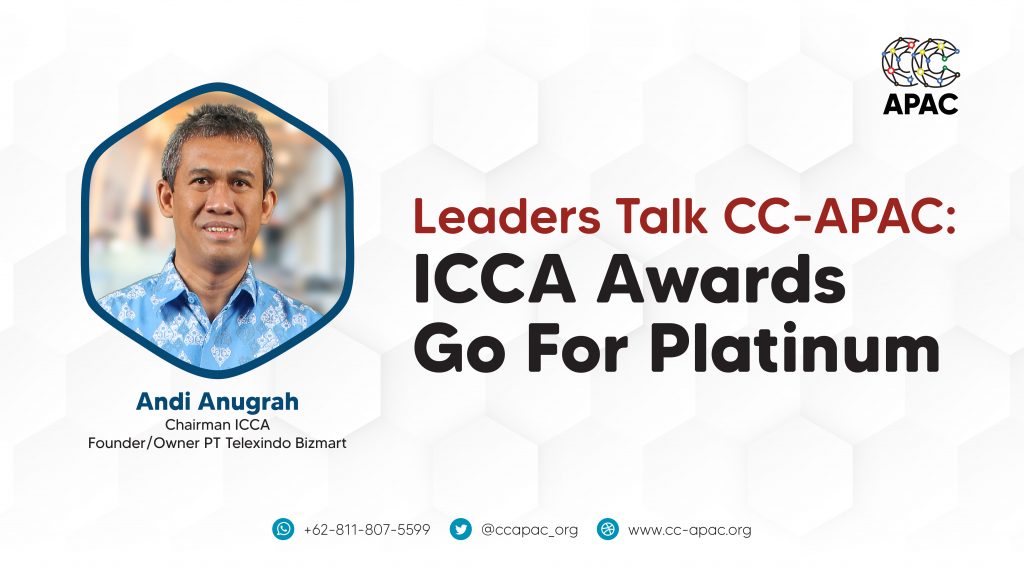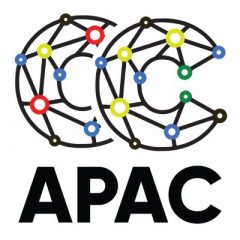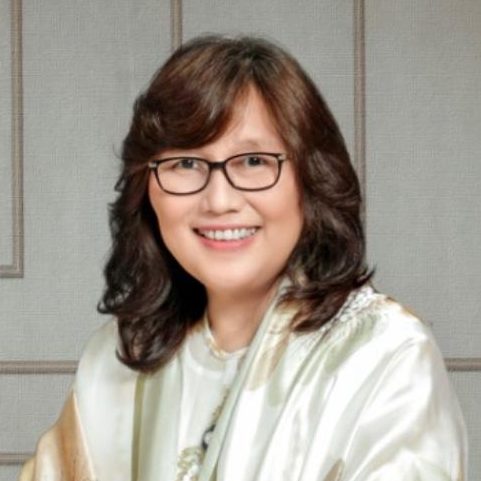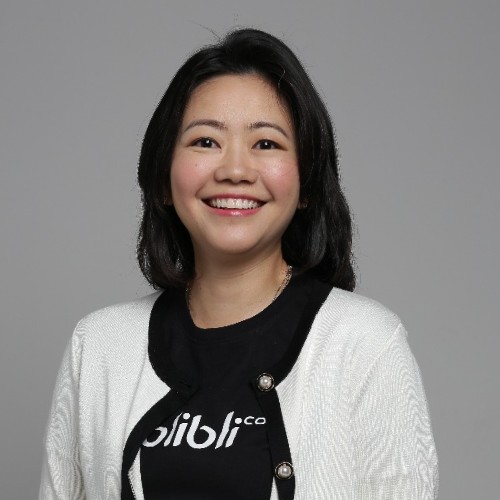
Tuesday, February 08, 2022 – The eighth Leaders Talk hosted by CC-APAC discussed, “ICCA Awards: Go For Platinum,” by inviting Andi Anugrah, Chairman of ICCA Indonesia and Owner/ Founder of Telexindo Bizmart.
In this leader talk, Andi started talking about ICCA Awards. The ICCA Awards 2022 program is an annual award event that is currently entering its 16th year. The tagline used by the ICCA Awards is Go For Platinum, in which the tagline was chosen to give a different feel to other competitions, which prefer to use the word “Gold.” The tagline was only used around 2009 or 2010 because, at that time, the committee wanted to choose 4 winners, but there were only Gold, Silver, and Bronze. Therefore, the committee chose the word “Platinum” as a solution.
Andi Anugrah also explains the history of the name change from the ICCA Awards. Andi said that the ICCA Awards was originally called The Best Call Center, then changed in 2008 to The Best Contact Center Indonesia. Similar to the name ICCA Indonesia, he explained that previously it was called the Indonesia Call Center Association. Then in 2008, it changed to the Indonesia Contact Center Association. This change is not very significant because the word “Contact Center” has become very popular over time.
Next, Andi Anugrah shared questions that companies frequently ask him, such as “How did Indonesia become more successful during this award program?” He explained that Indonesia was one of the countries that succeeded in running this award program, many participants were enthusiastic to take part in this competition. Andi Anugrah also explained the development of the ICCA Awards from year to year. He explained that for the Individual category participants in 2007 there were only 58 people who participated. However, in 2015 – 2017, the contact center practitioners participating in this competition increased to more than 500 participants.
However, there was a drastic drop number of participants in 2018-2020. Of course, in 2020 a very significant reduction occurred due to the COVID-19 pandemic. Then in 2021, the Individual category participants again increased to 367 participants.
In addition to the Individual category, in 2021 participants for the Teamwork and Corporate categories also increased compared to 2020. In 2020 there were only 63 Teamwork participants and in the Corporate category, there were only 25 participants. However, in 2021 it will increase again to 105 participants for the Teamwork category and 46 participants for the Corporate category.
The next discussion is related to how ICCA builds connections with other companies. Andi Anugrah said that when these awards were held, ICCA did not have many participants and was not yet popular in Indonesia. Then, ICCA tried to build connections with other companies and invited them to join this awards program.
Unexpectedly, several large companies want to participate in this awards event, such as Bank BCA, Bank Mandiri, Telkom, Indosat, SAMSUNG, and many more. He also explained why the big companies joined and participated in these awards because ICCA made something different. “I understand most of the competitions, especially customer service, they give awards for the company. But, we also need to give awards to each individual, “said Andi.
Since then, many companies have joined to participate in these awards, especially in the Individual category. In addition, the thing that distinguishes this competition from other countries is the Teamwork category. In this category, people do not need to have the ability to speak during presentations, but they need computer skills, such as Ms. Excel, how to calculate something, etc.
When the pandemic hit, ICCA began to change the method of this race online. ICCA assesses and assists surveillance via Zoom. But before the pandemic, ICCA invited the participants to one place and competed in the same room. Andi also explained a little about what was being contested in the Teamwork category. The Teamwork category is further divided into 5 competition categories, namely Quality, Scheduling, Telesales, Reporting, and Smart Team.
In the Teamwork category, most participants or teams have to work on the given competition within 2 hours. The committee will design a competition in which each team is given a case and it must be done within the allotted time. After that, the participant with the highest score will win the competition.
In the middle of the discussion, one of the audiences, namely Alvin from Bank BNI asked about the discussion given by the speaker. Alvin asked, “Is it ICCA that made contact center hype in other countries? Or are other countries just as excited?” asked Alvin. Alvin also added, “Because with ICCA, the contact center profession feels appreciated,” he said.
Andi Anugrah as the speaker answered the question, “Not only Indonesia, abroad such as Singapore and Malaysia, if there is a Contact Center event the participants can be up to thousands. However, there is indeed a scene in Southeast Asia. In addition, Indonesia’s presentation techniques can be said to be much better than other countries,” said Andi.
In Indonesia today, standardization of presentation materials has begun to form, including Background, Data Analyst, Objective, Creativity, Key Activities, Key Responsibilities, Key Resources, Key Performance Indicators, Results, and Additional Information.
Then another question from Christopher Lee. He asked about the challenges of holding The Best of Contact Center Indonesia which is carried out every year. Andi said that the challenges faced were indeed quite heavy, such as how to communicate to the participants regarding the competition, formulate the questions to be contested, collect videos, and record the participants. “It is a formidable challenge. But behind that, there are also other challenges such as packaging the provisions, the assessment parameters, and who the judges will be invited to,” said Andi. (ANF)



